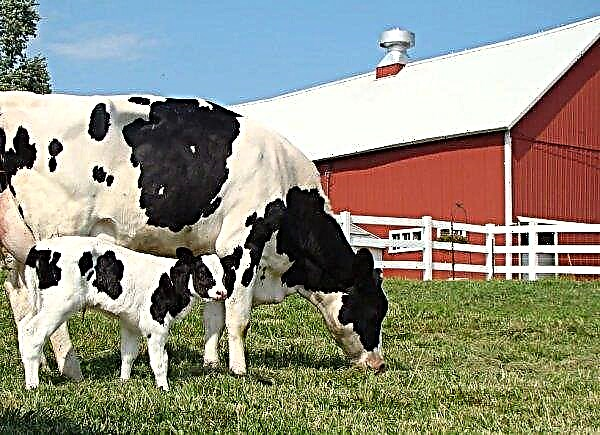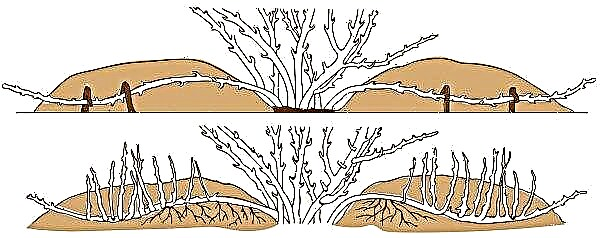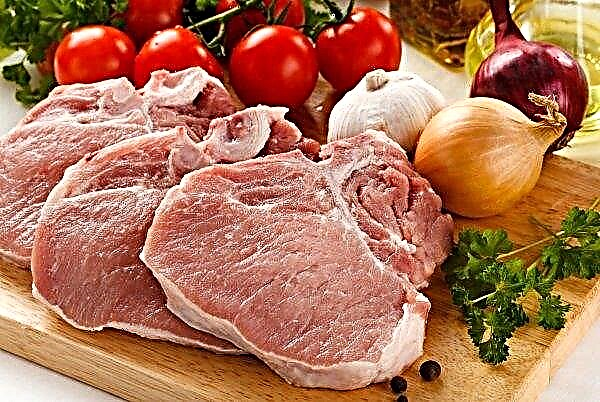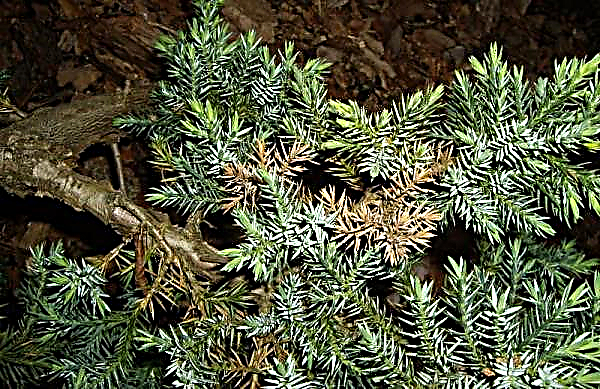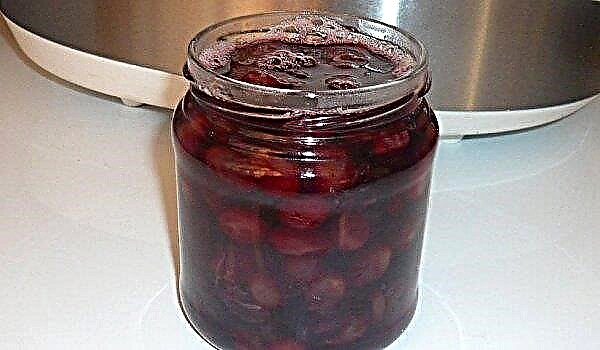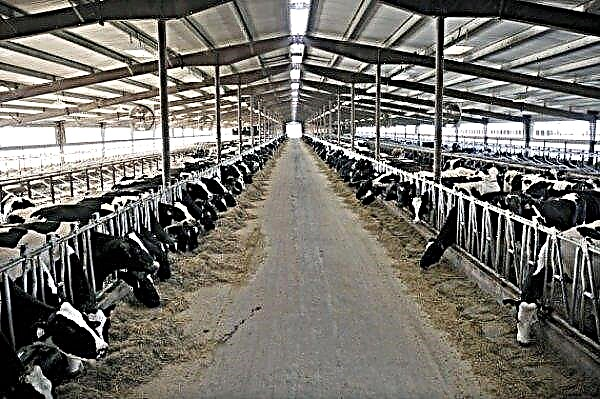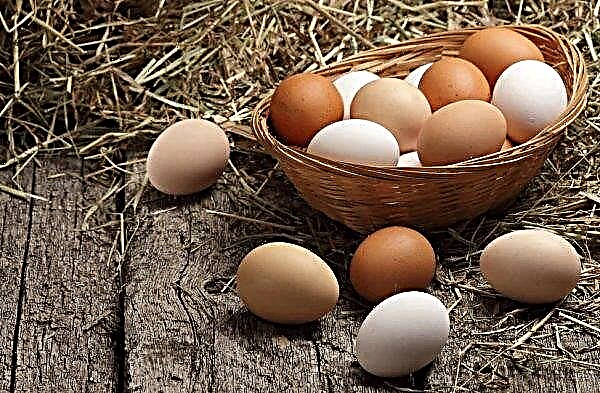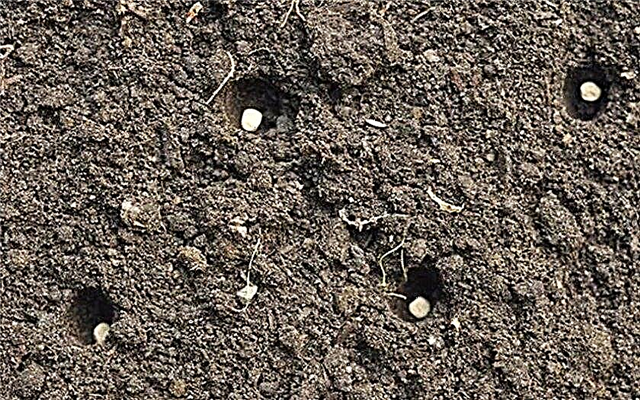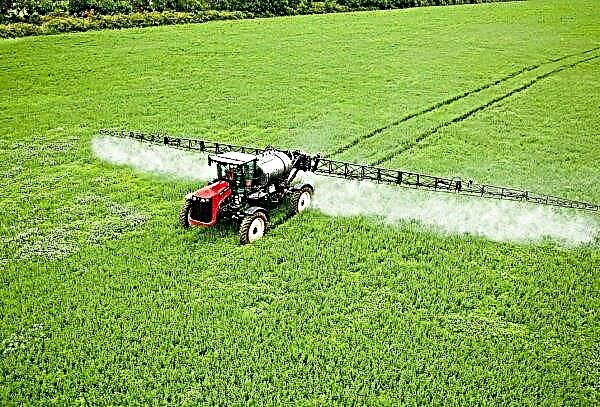A research team led by Prof. Dr. Barbara Becker from the Technical University of East Westphalia-Lippe in Lemgo is working on an innovative opportunity.
In a project funded by the German Federation for Industrial Research Associations in Germany, the team studied whether noroviruses on infected fruits and vegetables can be inactivated by cold spray hydrogen peroxide.
Norovirus was bred by scientists in Norfolk, USA, in 1972 and was called the Norfolk Agent.
Noroviruses resist many different methods of protection: they can survive by freezing to -150 ° C and by prolonged heating to 200 ° C. Viruses can also survive outside their host for more than a week. Pathogens that are found throughout the world are responsible for most non-bacterial gastrointestinal infections in humans.

Between 20 and 40% of all noroviruses are caused by contaminated food, especially unprocessed or frozen fruits and vegetables. In 2018, the Robert Koch Institute studied 77,583 cases of norovirus; 25 of them were fatal (only laboratory-confirmed diseases). Actual incidence rates are estimated to be significantly higher. Many questions regarding pollution sources, detection methods and preventative measures are still open.
A special advantage of the antimicrobial agent, which is already used for surface sterilization, packaging disinfection and in washing baths, is that it quickly decomposes into water and oxygen. During cold spraying, the H2O2 solution turns into very small vapors (microaerosols) at room temperature by pressure through special nozzles without condensation.
- Again, the harvest of table beets, carrots, potatoes and cabbage in Ukraine was under threat due to the two-week lack of rainfall and too high air temperatures that were established in the Center and in the North of the country, EastFruit experts report.
- Employees of the greenhouse complexes of the Krasnodar Territory demonstrate high rates in the harvesting process of various fruit and vegetable crops.
- The Okaych manufacturing enterprise did not spare one hundred and thirty million rubles to create a unique factory that is already starting to process cereals, meat, vegetables and fruits into light snacks.

